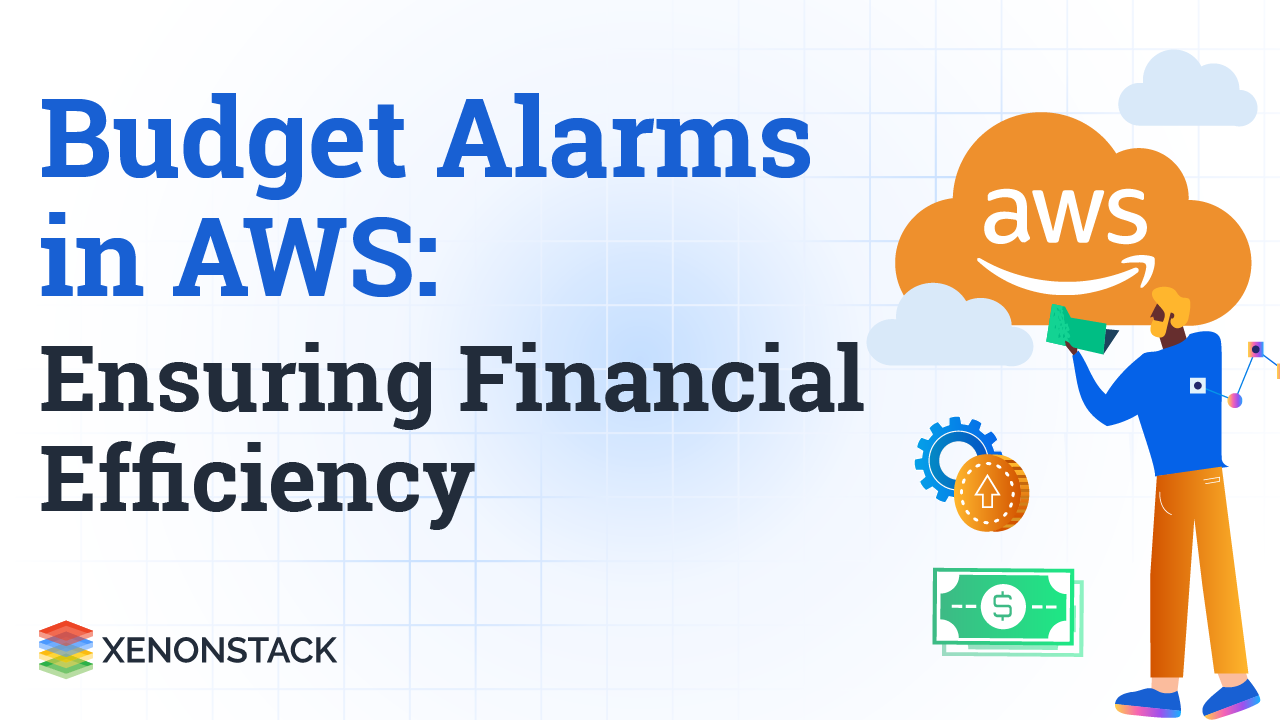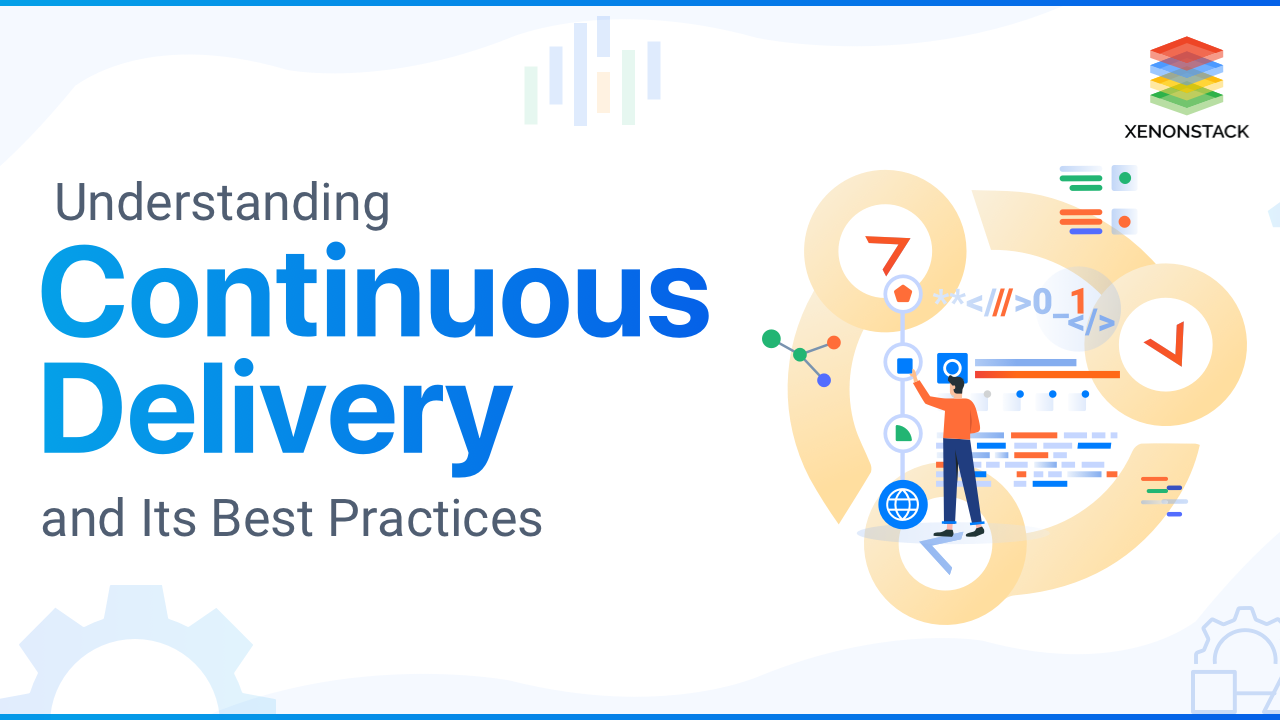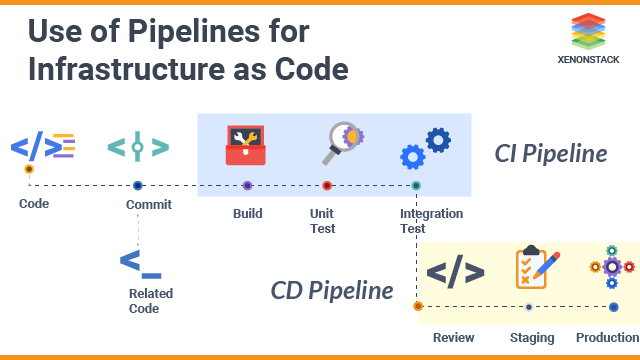
How Generative AI Revolutionizes RPA Across Industries
Expanded Automation Scope
RPA's rule-based automation is complemented by Generative AI, enabling the automation of a broader range of tasks, including handling unstructured data.
Natural Language Processing (NLP) Integration
Generative AI enhances RPA by adding natural language understanding capabilities, facilitating tasks like sentiment analysis and text-based decision-making.
Cognitive Automation
The cognitive powers of Generative AI augment the task automation offered by RPA, yielding more sophisticated and adaptable RPA solutions.
Improved Data Handling
Generative AI improves data extraction from unstructured sources, while RPA excels at managing structured data, creating a comprehensive solution for data processing and analysis.
Adaptive Automation
Generative AI enhances the adaptability of automation to changes, improving RPA's capability to manage dynamic processes.
Cost Savings
RPA with Generative AI leads to cost savings through reduced errors, increased efficiency, and the automation of a wider array of tasks.
Scalability
The integration of Generative AI with RPA is scalable, making it suitable for organizations with growing automation needs as the technology adapts and becomes proficient in handling complex scenarios.
Human-Machine Collaboration
RPA and Generative AI collaboration fosters a seamless integration of routine task automation and cognitive capabilities, creating a more effective work environment.
Use Cases of Generative AI in RPA
Generative AI, utilizing deep learning and neural networks, examines extensive datasets, detects patterns, and produces meaningful outcomes. Its integration with RPA facilitates the automation of tasks previously deemed too intricate. This collaboration empowers RPA systems to make informed decisions, learn from past experiences, and adjust to evolving conditions, broadening the spectrum of RPA solutions.
Key Considerations for Integrating RPA and AI
Incorporating RPA and Generative AI into current systems can yield various advantages, including enhanced efficiency, accuracy, and creativity. However, this integration poses potential challenges and risks, encompassing compatibility issues, security concerns, and ethical implications. Therefore, key factors to consider during the integration of RPA and Generative AI include:
-
Compatibility: Verify the compatibility of RPA tools and Generative AI solutions with existing systems and applications, ensuring alignment in functionality, performance, reliability, and other relevant aspects.
-
Security: Assure the security of RPA and Generative AI tools, adhering to pertinent regulations and standards concerning data privacy, access control, encryption, auditing, and related considerations.
-
Ethics: Guarantee the ethical and responsible use of RPA tools and Generative AI solutions, emphasizing data quality, bias mitigation, fairness, transparency, accountability, and other ethical considerations.
Overcoming Common Challenges in RPA Implementation
-
Job Displacement: The automation of repetitive tasks may lead to job displacement, especially for roles focused on manual data entry and routine customer service.
-
Skill Gaps: As tasks become automated, workers may lack the necessary skills to manage or work alongside advanced technologies like RPA and Generative AI.
-
Diminished Human Interaction: The increased reliance on automation could reduce human-to-human interactions, especially in customer service and support roles.
-
Training and Education: To address skill gaps, businesses need to invest in training and education programs, ensuring employees are equipped to work with RPA tools and Generative AI technologies.
-
New Role Creation: With automation handling routine tasks, organizations must focus on creating new roles that require human creativity, problem-solving, and decision-making.
-
Fairness: It's essential for businesses to ensure RPA and AI systems operate fairly, without bias, particularly when dealing with data analysis and decision-making processes.
-
Transparency and Accountability: Organizations must guarantee transparency in their RPA implementations, ensuring that automated decisions can be understood and reviewed when necessary.
-
Privacy: Protecting sensitive data and ensuring that RPA tools and technologies adhere to privacy regulations is crucial to maintaining customer trust and compliance.
Cognitive RPA integrates advanced technologies with traditional RPA to automate processes requiring human judgment, thereby enhancing efficiency and business outcomes.
Unlocking New Opportunities with Robotic Process Automation
Conversely, automation offers numerous opportunities for businesses to enhance efficiency, productivity, quality, and customer satisfaction. Strategic adoption of RPA and generative AI allows businesses to automate routine tasks, liberating resources for more valuable activities, fostering creativity and innovation, and generating novel insights and solutions. RPA is instrumental in enabling businesses to adapt to evolving customer needs and expectations and address environmental and social concerns.
RPA tools and robotic process automation applications can transform operations by improving business efficiency and supporting digital transformation. Automation possesses transformative potential, positively or negatively impacting businesses and society. Businesses must acknowledge and navigate the challenges and opportunities presented by RPA technologies with prudence and accountability.
Merging RPA with Generative AI for Innovation
In conclusion, by seamlessly combining the efficiency of RPA with the limitless creativity of Generative AI, businesses can undertake a remarkable digital transformation journey, positioning themselves for a distinct competitive advantage. These technologies offer numerous benefits, including automating complex tasks, generating fresh content, and enhancing customer experience. It is essential to explore the extensive capabilities that RPA and Generative AI offer to your organization, ensuring you stay ahead in innovation and fully harness the potential of automation.
Embrace these powerful RPA solutions to embark on a transformative path toward process automation, RPA implementation, and securing a competitive edge in the market. By leveraging AI and RPA, businesses can improve business efficiency, drive process improvement, and integrate RPA tools to streamline operations.




